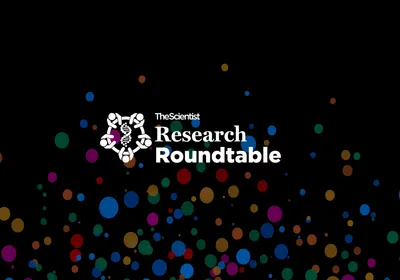 FLICKR, MJ/TRGenomics is the “hottest” field in scientific research for the third year in a row, according to an analysis of citation data. The results, published yesterday (June 6) at Thomson Reuters ScienceWatch, show that 8 of the 21 most influential researchers—as measured by the number of citations during 2012 for papers published in the previous 2 years—study genes and their function.
FLICKR, MJ/TRGenomics is the “hottest” field in scientific research for the third year in a row, according to an analysis of citation data. The results, published yesterday (June 6) at Thomson Reuters ScienceWatch, show that 8 of the 21 most influential researchers—as measured by the number of citations during 2012 for papers published in the previous 2 years—study genes and their function.
Top of the heap was Richard Wilson of the Washington University in St. Louis (WUSTL) School of Medicine, an author on 15 highly cited studies, including a blockbuster Nature paper that revealed findings from the 1000 Genomes Project, the most complete catalog yet of variation in the human genome. Wilson was joined on the list by three colleagues at WUSTL—Elaine Mardis, Li Ding, and Robert Fulton, all of whom were coauthors on that landmark study.
Other genomics researchers to make the top 21 were Andy Futreal of the University of Texas MD Cancer Center, who identified BRCA1 and BRCA2 as breast/ovarian cancer susceptibility genes, and Eric Lander of the Broad Institute of Harvard and the Massachusetts Institute of Technology.
As for last year’s hottest journals, ...






















